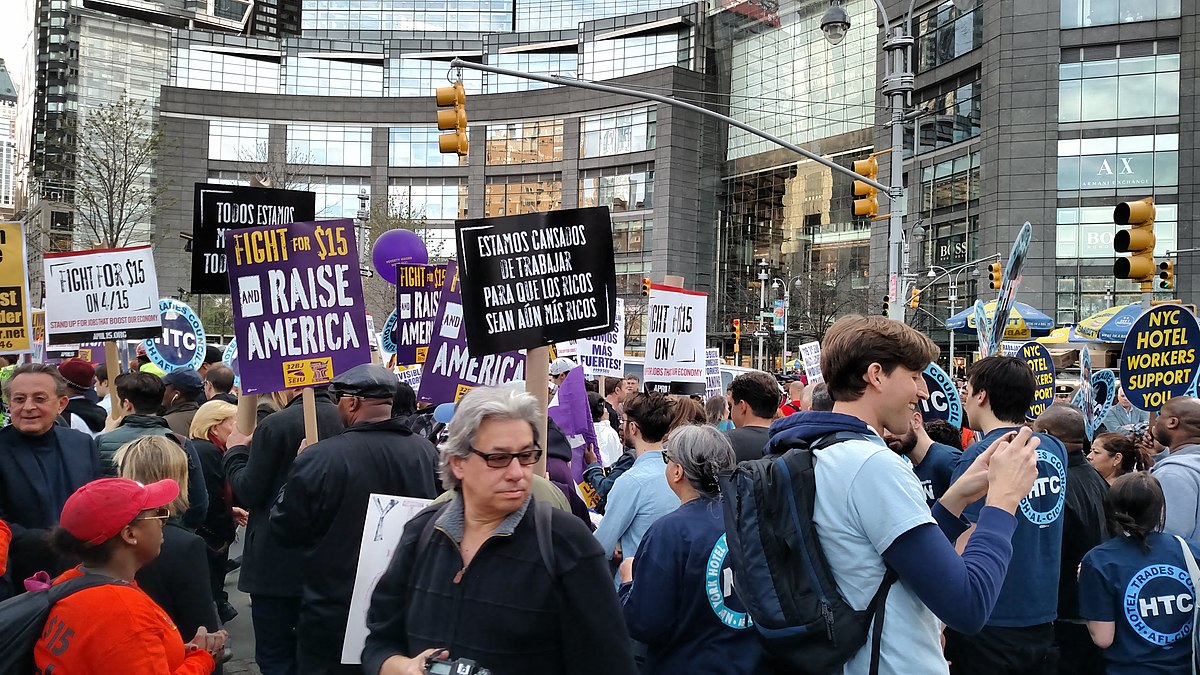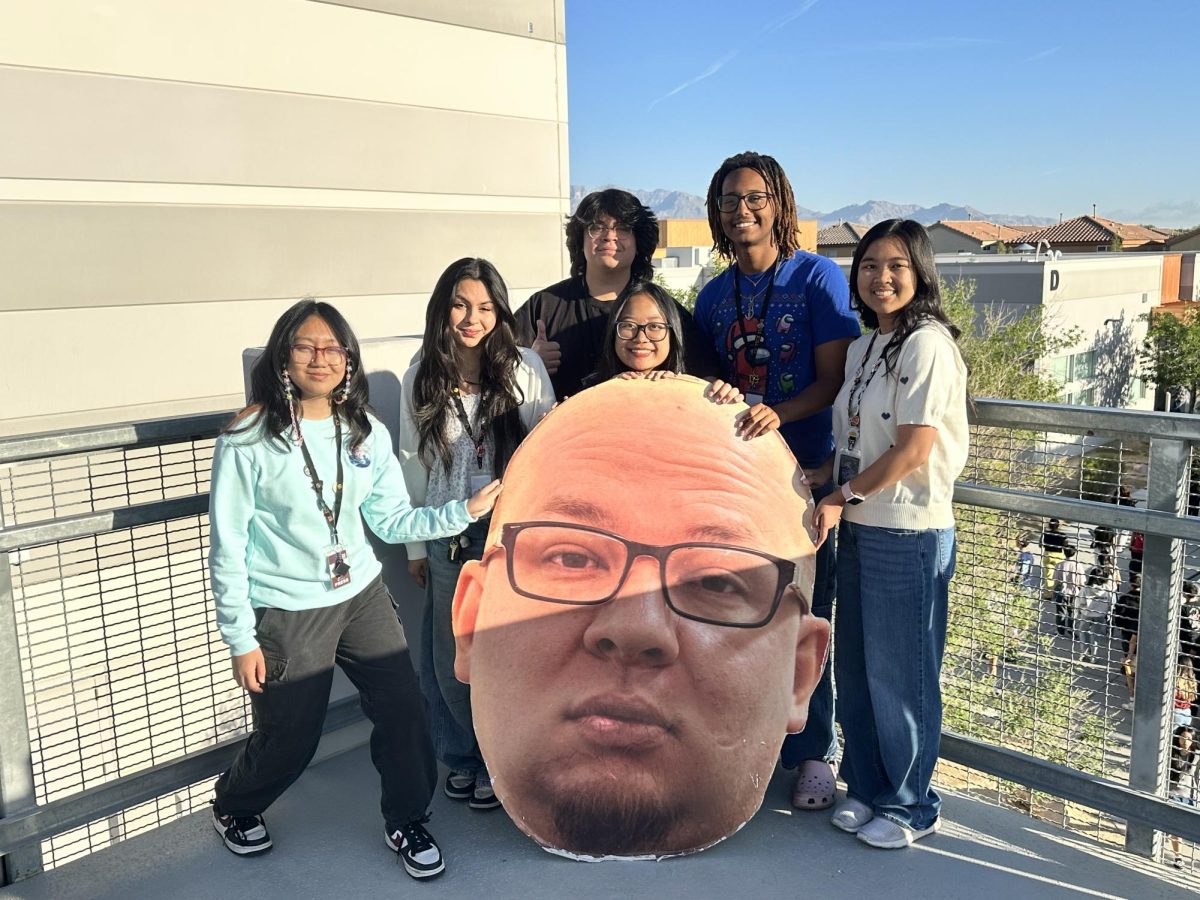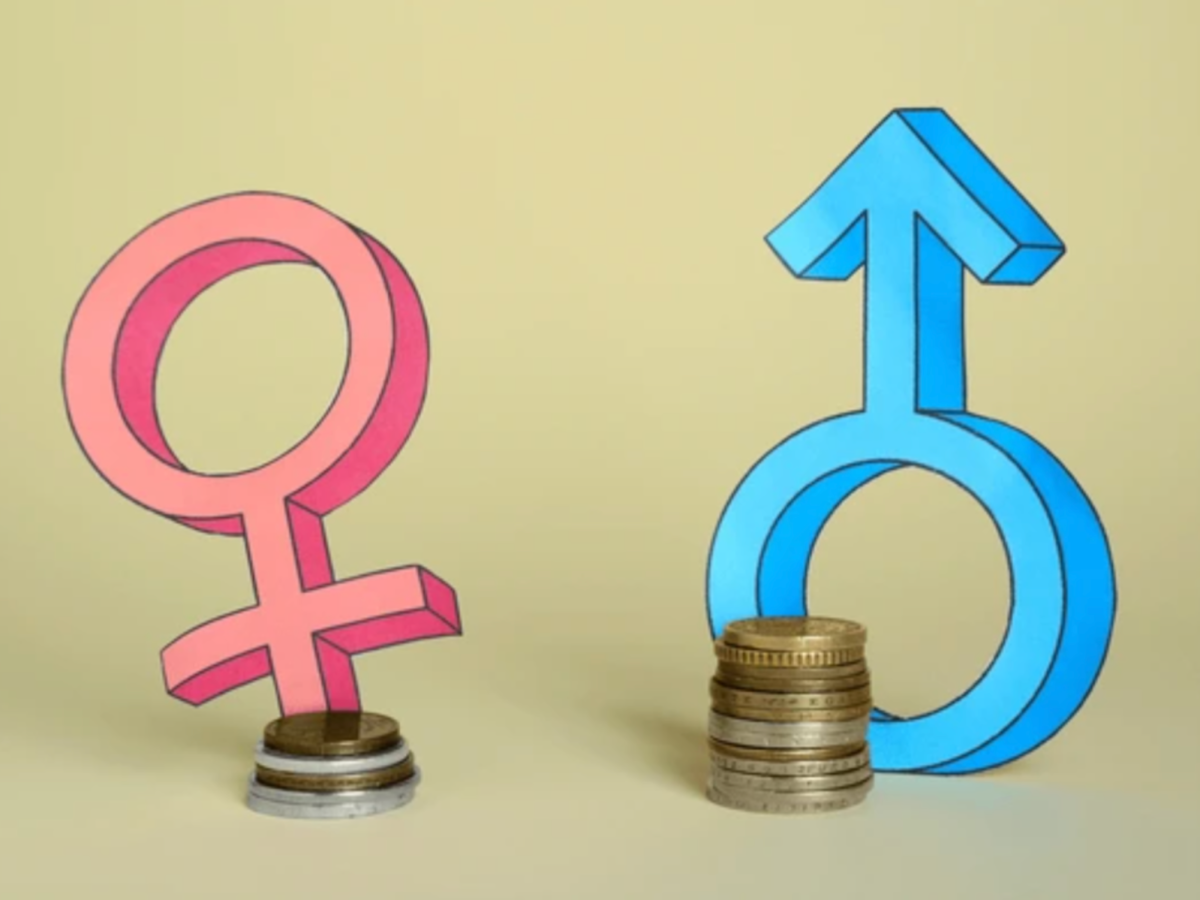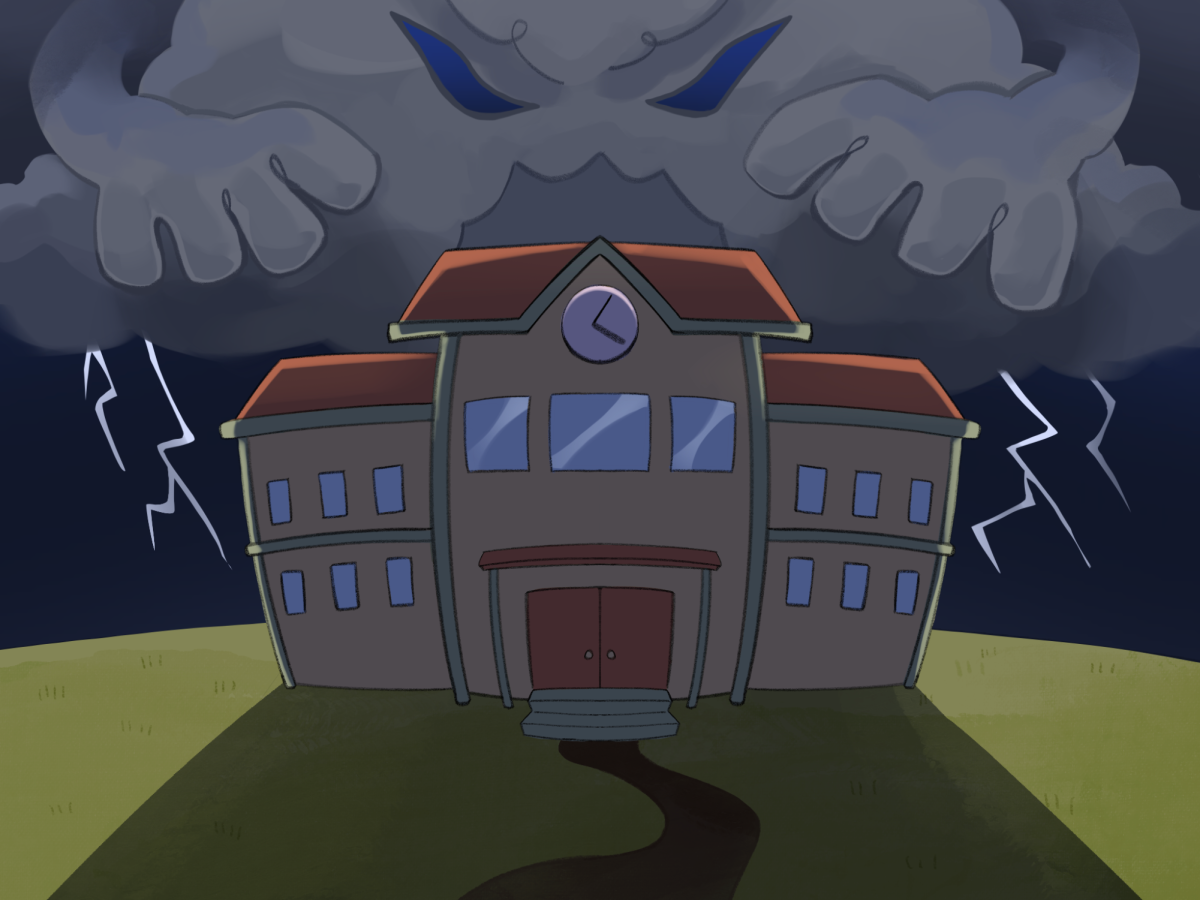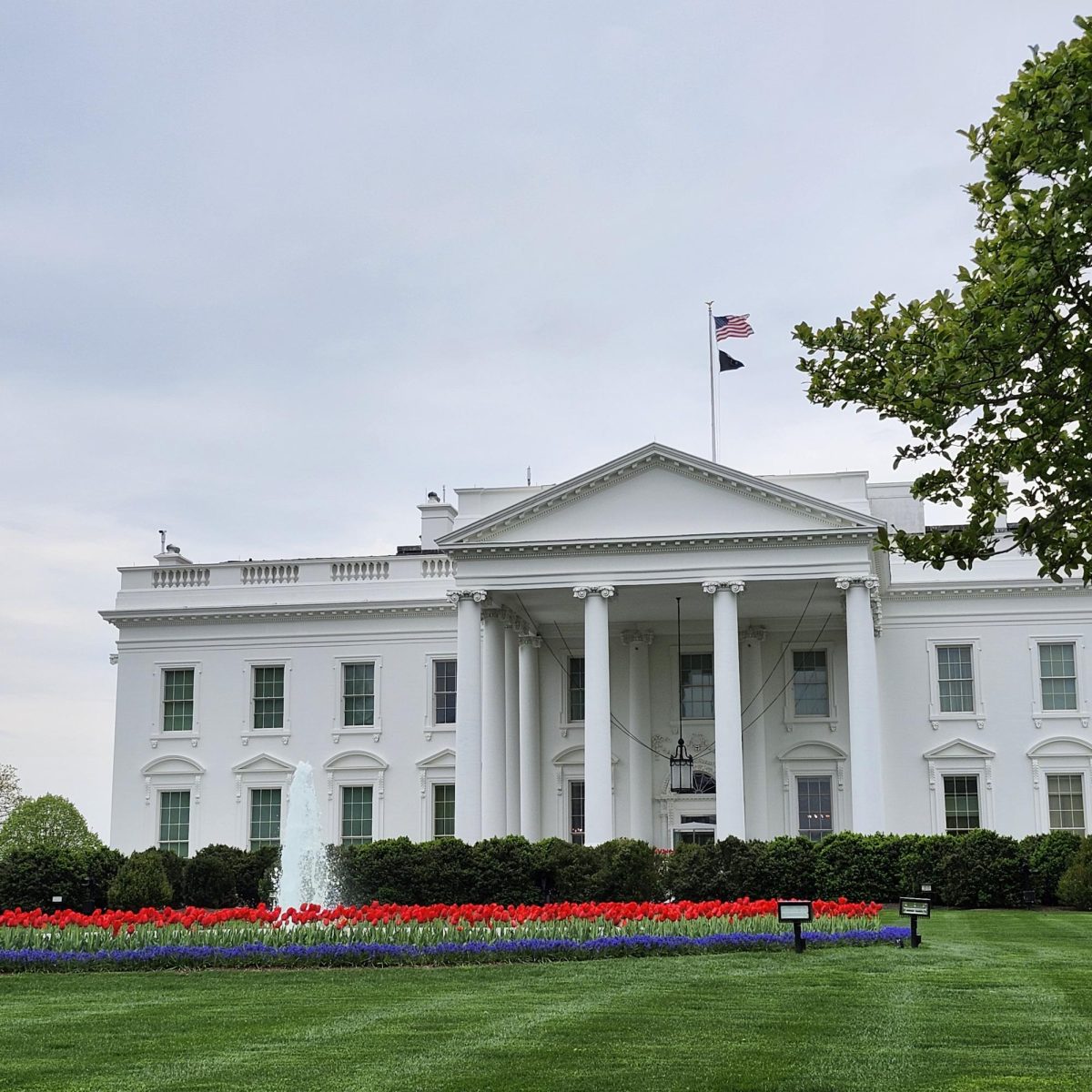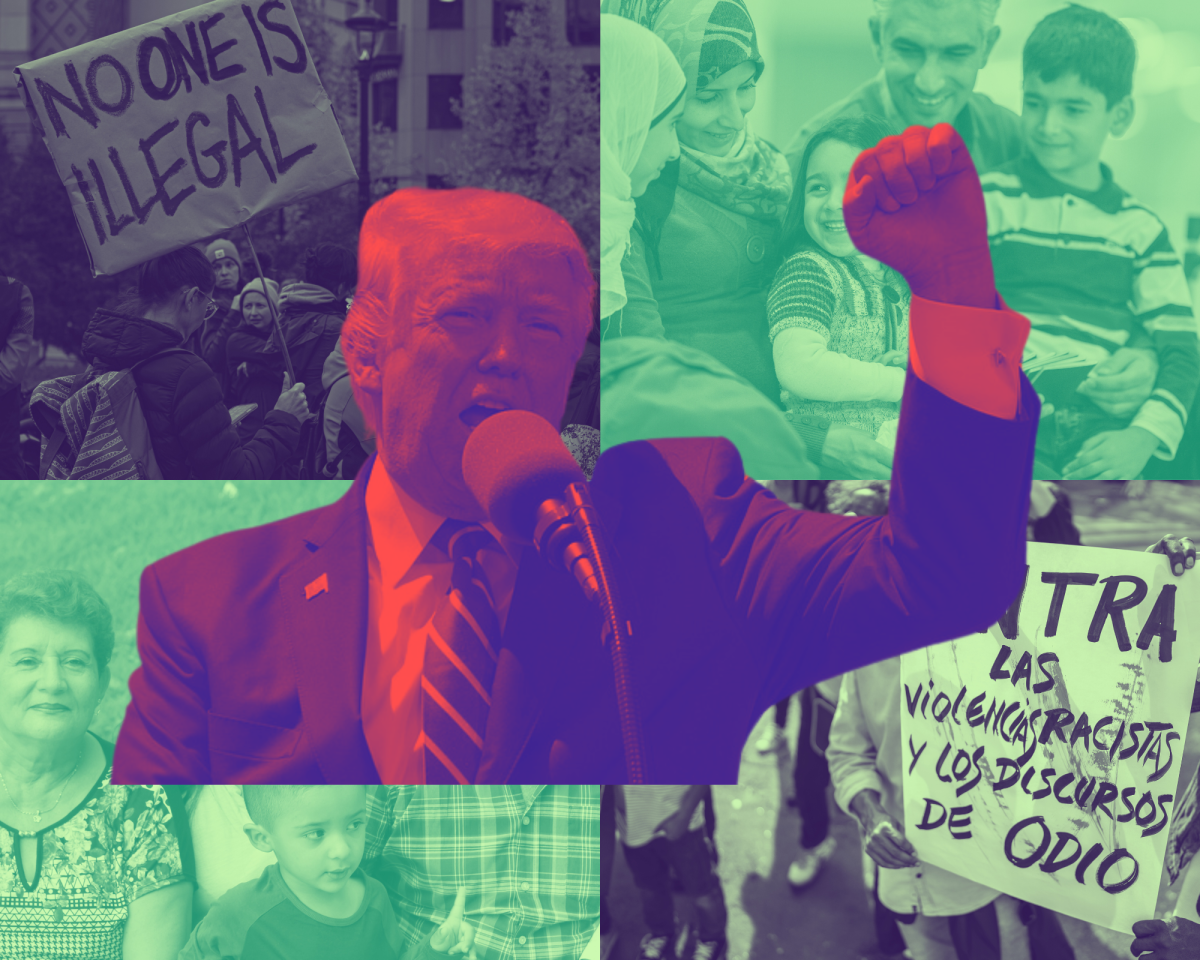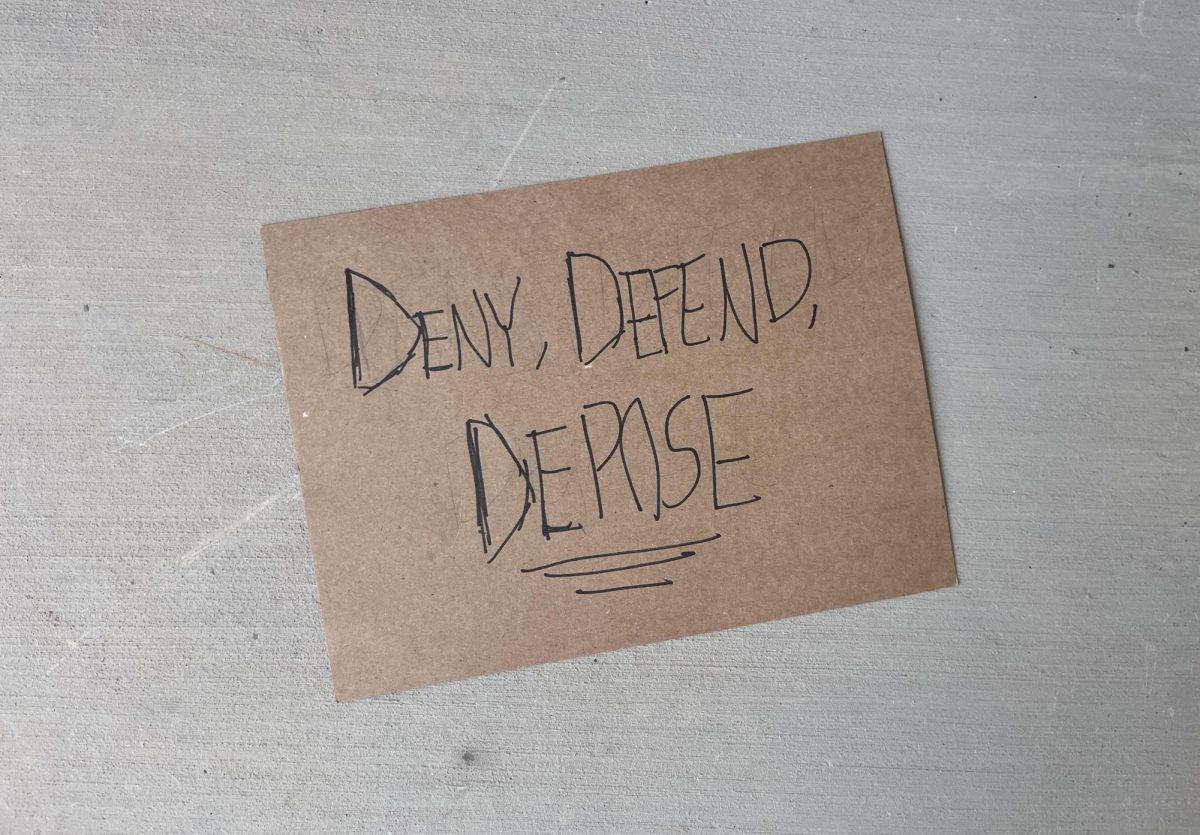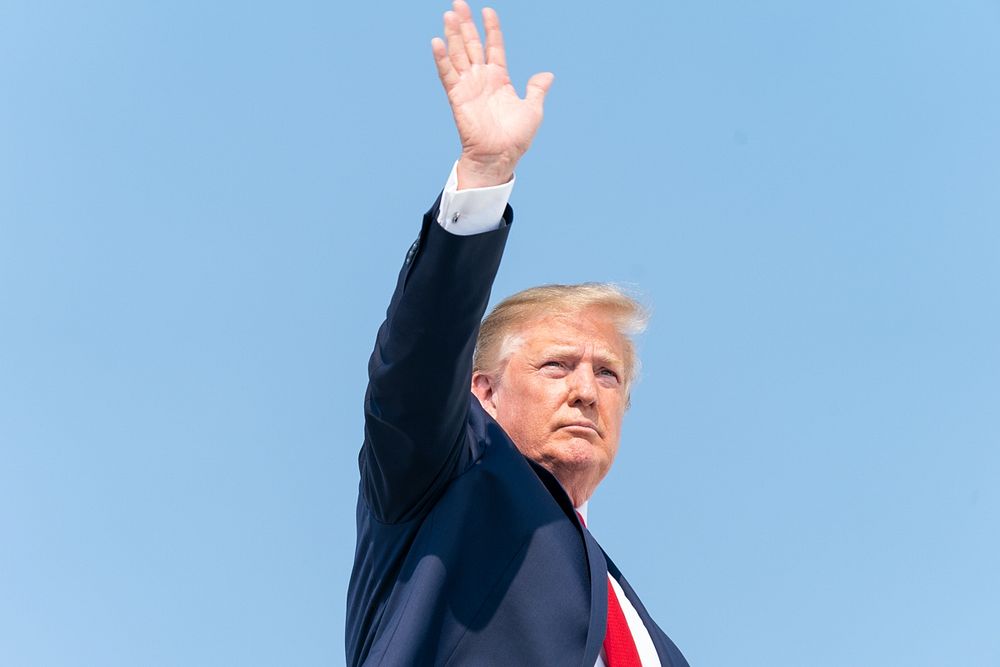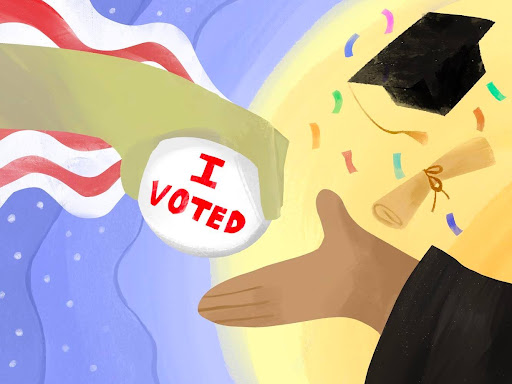One of the most notable – and concerning – trends over the past few decades have been the increasing inequality in income under which most workers have suffered. Under one measure, the CEO-to-worker pay ratio has gone up almost 7x since 1980; the average CEO now makes 287 times their employee’s hourly wage. Famous businesses with some of the most egregious hourly wage ratios include Gamestop, at $1,137 to one; Starbucks, at $1,675 to one; and McDonald’s, at a staggering $1,939 to one.
Wages for workers have stayed stagnant, leaving much of the American middle-class to economic insecurity, a scenario in which they are vulnerable to economic shocks, unemployment, and health emergencies. 40% of Americans can’t even afford a $400 emergency.
Though these problems are challenging, they also present an opportunity for an ambitious workers’ agenda. With President Joe Biden proposing a $15 minimum wage, and workers consistently getting the short-end of the stick over the past half-century, it’s time for us to seriously consider doubling the federal minimum wage.
The case for increasing the minimum wage is strong. State and local increases in the wage floor were crucial in fueling low-income pay growth. A more modest attempt to increase the minimum wage to just $12 an hour was estimated to lift 6 million workers out of poverty. The more robust increase to $15 an hour is set to decrease child poverty by 8.3%; an important reduction in a country with one of the highest rates of child poverty in the developed world.
One of the largest effects of increased wages is lower rates of suicide among the working class: one study found that “The effect of a $1 increase in the minimum wage ranged from a 3.4% decrease…to a 5.9% decrease in the suicide rate among adults aged 18–64 years with a high school education or less.” In other words, the poverty that stagnant and low wages inflict on poor Americans is so severe that they feel they have no choice but to kill themselves. This severe poverty is alleviated greatly by ensuring that these workers receive a pay raise they wouldn’t otherwise get.
It’s not just that increasing the minimum wage offers a plethora of benefits, the common rebuttals to a minimum wage increase have been made a million times. The primary one being, a hike in the minimum wage kills jobs and reduces employment – essentially because businesses have to pay more for the workers that they employ, it is cheaper for them to lay off workers, so they don’t have to pay workers more. This theory can seem accurate, especially for those looking to justify paying their workers low wages. There’s only one problem – it’s false. The vast majority of empirical evidence demonstrates that minimum wage increases have virtually no negative impact on employment. In fact, according to one meta-analysis, the more precise the study, the less likely they are to find that minimum wage increases harm to employment rates.
There are a plethora of reasons for this, but the main one is monopsony: essentially, in a perfectly competitive economy, the wages paid to an employee are the same as the amount of revenue that they generate for their employee – a worker generates $20 an hour for their bosses, and they get paid $20 an hour. In an economy like this, raising the minimum wage does kill jobs, because employers with employees paid below the minimum wage lose money by keeping those employees on payroll, and thus, will fire their workers. However, in a monopsonic labor market, employers have more bargaining power, because there is little competition between employers and a lot of competition between workers. Thus, employers can pay employees less than what the employee is worth. In an economy like this, the minimum wage can be increased without costing jobs – because it doesn’t make economic sense for employers to lay off employees when employers aren’t paying employees more than they’re worth.
Beyond the complex economics and evidence, one thing remains true: no one in a family working full-time should have to wallow in the miseries of poverty. One of the largest priorities for a government trying to take power back from wealthy and powerful elites ought to be ensuring a decent living for the working-class – and that would, above anything, make America great again.

